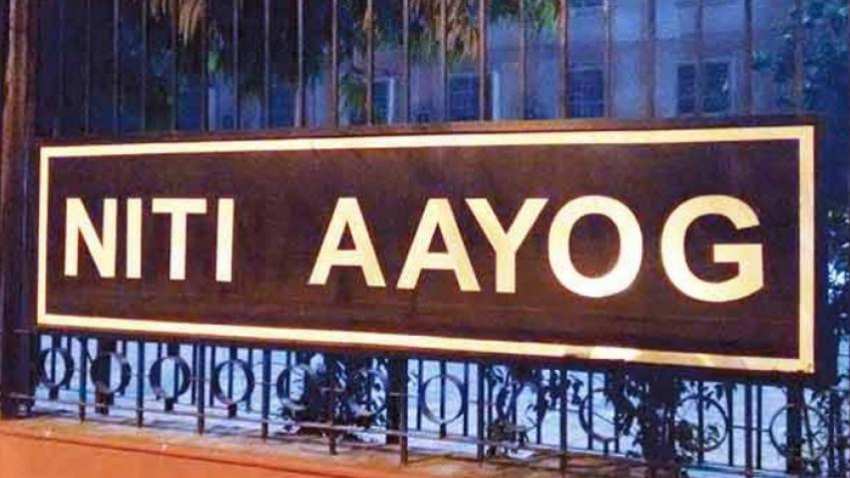It goes without saying that the significance and relevance of translation in our daily life is multidimensional and extensive. It is through translation we know about all the developments in communication and technology and keep abreast of the latest discoveries in the various fields of knowledge, and also have access through translation to the literature of several languages and to the different events happening in the world.
India has had close links with ancient civilisations such as Greek, Egyptian and Chinese. This interactive relationship would have been impossible without the knowledge of the various languages spoken by the different communities and nations. This is how human beings realised the importance of translation long ago.
Needless to mention here that the relevance and importance of translation have increased greatly in today’s fast-changing world. Today with the growing zest for knowledge in human minds there is a great need of translation in the fields of education, science and technology, mass communication, trade and business, literature, religion, tourism, etc.
Now let us take a look at the qualities of a good translator. A good translator should have adequate knowledge of the SL (source language) from which he is translating into the TL which is generally his mother tongue/target language. In order to produce an accurate translation of the SL text, he should have command over the grammatical, syntactic, semantic and pragmatic features of the SL. In addition to this, it is necessary that he is well-conversant with the socio-cultural contexts of both the SL and the TL. A good translator should be the author’s mouthpiece in a way that he knows and comprehends fully whatever the original author has said in his text. One of the generally accepted characteristics of a good translation is that it should resemble the original text or come as close to the SL text as possible. It should appear like the original in the TL translation within the usual social and cultural settings with some minor accommodation, if necessary, of course.
Usually it is also believed that the job of a translator is a mechanical one – a simple rendering of the SL text into a TL text. But it is not so. The translator has to perform a really difficult task. It is in a way more difficult and complicated than that of the original writer. A creative writer composes or pens down his thoughts without any outward compulsion. A translator has to confine himself not only to the SL text but a host of other factors also intervene in the process of translating the TL.
A good translator must have an adequate knowledge of the subject or area to which the SL text relates so that the translator is able to capture the spirit of the SL text. If he does not have an in-depth knowledge, he may not be able to produce an accurate translation suitable for its intended purpose. For example, if you want to translate the Bible or the Gita or any other religious text, you must have adequate knowledge of those religious and theological works.
A good translator should be careful of the choices that he makes in using the TL. He should translate in the style, which is appropriate for the target audience. The style should be such that it appears to be natural and spontaneous to the TK readers. The translation in the TL should not sound alien.
A translator does need certain tools to help him out in moments of difficulty. These tools can be in the form of good monolingual and bilingual dictionaries, encyclopedias, e-dictionaries, glossaries of technical and standard works, etc. pertaining to the SL text.
A good translator must have patience and should not be in a hurry to rush through while translating any text. He should not hesitate in discussing with others the problems that he may come across. More ever, he should not shy away from conducting micro-research in order to arrive at proper and apt equivalents.
In short, a good translator should be a competent and proficient bilingual, familiar with the subject/area of the SL text chosen for translation. He should never try to insert his own ideas or personal impressions in the TL text. His objective should be to convey the content and the intent of the SL text as exactly as possible into the TL text. The job of a translator is very rewarding and intellectually stimulating.
Finally, a few words (based upon my close understanding about translation study and activity) for up-coming translators and translation-lovers. To translate from one language into another has never been an easy endeavour. It is an exercise both painstaking and cumbersome and only those who have engaged themselves with translation work can realize the complex character of this Art. I have been associated with translation work for over three decades translating from English, more especially, from Kashmiri/Urdu into Hindi and back.
- A good translator ought to be a good writer.2. You needn’t translate everything that has been written, you need to translate the best only.3. A good translator adjusts/accommodates and not compromises with the original text.4. Translators are like ambassadors representing and exchanging the best of their literary world.5. Art of translation is as old as mankind; don’t you translate your thought before you speak it out?
Some more suggestions:
- Try to get into the mind of the writer.2. Check your translation twice or maybe thrice before finalizing the script. Put the original passage “aside” and listen to/read your translation with your ear “tuned in”, as if it were a passage originally written in the TL.3. If your material is highly technical, with vocabulary that is distinctive to a discipline, it is important that the translator has at least some background or experience of that discipline. A good translator of poetry and drama may be a bad choice for a chemical engineering or biotechnology text.4. If you have a native speaker of your target language handy, particularly one who is familiar with the subject, that person could be as useful as your teacher for final script-review. Take his assistance without fail.
A few more guidelines for the translators:
- Do not try to find difficult equivalent words in the hope that this will add to the perfection of your translation.2. Every language has its own punctuation rules and differs in many ways; take care to punctuate correctly.3. Check your translation two or three times in the end.




